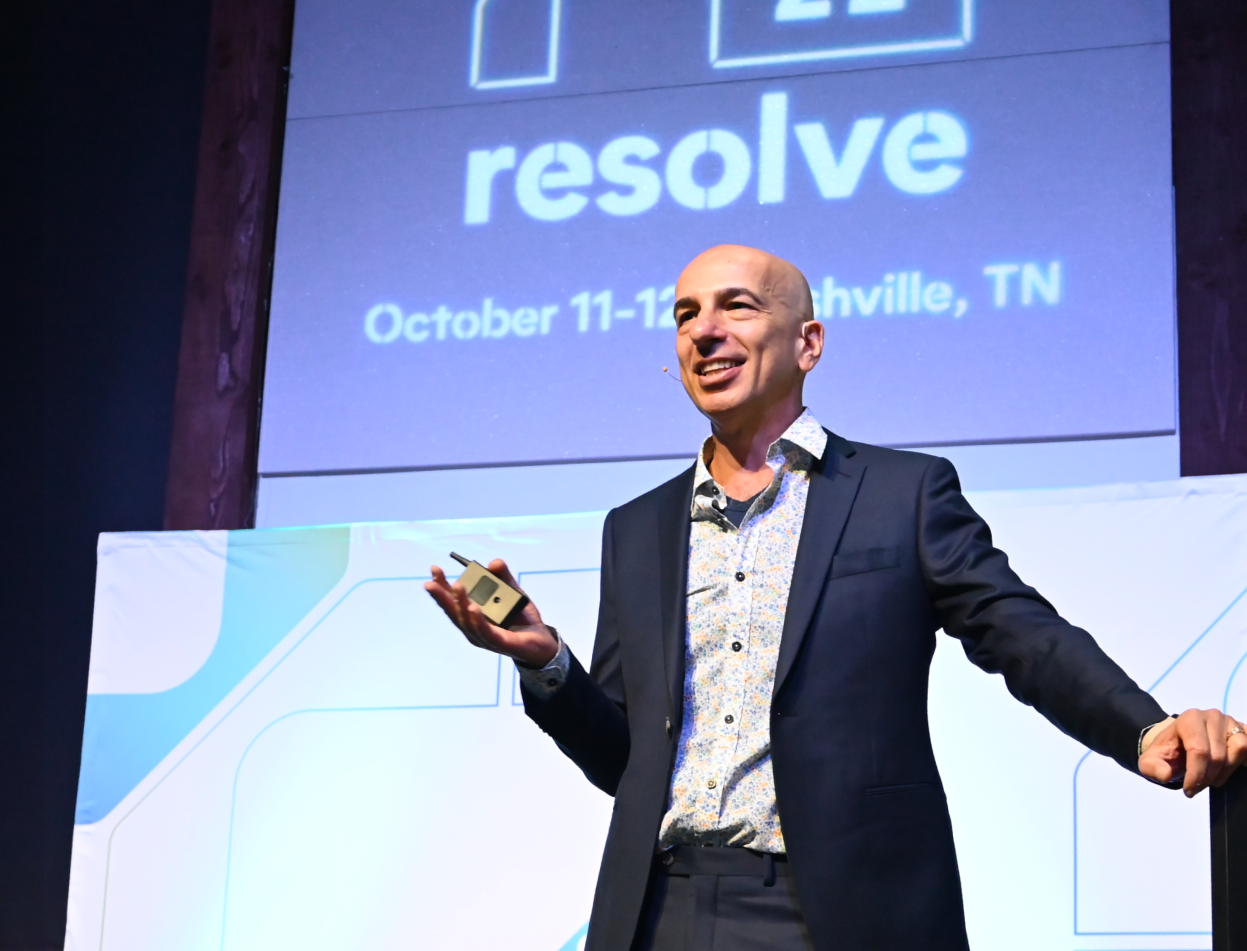Most contact center leaders are familiar with some of the key strategies for navigating the holiday season, including adding self-service, improving analytics, and planning ahead of time. But in order to truly improve customer experiences, holiday spikes should be learned from as much as they are planned for.
Seasonal surges represent a “known outcome” for most service leaders. They come around every year, they include expected costs and challenges, and they are thought about well in advance. But they also share similarities to the kinds of unpredictable spikes that can cost even more.
“Service leaders must now plan for the known outcomes, such as a seasonal surge or product launches, as well as the unknown outcomes — those events completely out of leader control,” says Jeffrey Schott, Director, Team Manager at Gartner. “By planning for these unexpected times, call centers can maintain the desired standard of service.”
CX leaders can use periods of expected demand to assess their readiness for unexpected spikes down the road. To start, ask your team to reflect on these questions throughout the holiday season:
What are your edge cases?
Holiday spikes can lead to increased amounts of complex calls from frustrated customers. From weather events to travel and supply chain disruptions, these calls require agents to be both available and equipped to handle them. CX leaders should analyze this subset of requests and measure response times and resolutions, and determine how they can reserve and upskill more agents to be prepared to resolve them quickly.
Which calls are the most repetitive?
Of the calls that agents field, which are the most common? During the holidays, high-volume calls are often not your most complex. Auto insurance companies, for example, see an increase in standard policy questions during severe weather events. Repetitive calls that see seasonal or incident-related spikes are prime candidates to be resolved by automation so agents can focus more on customer queues.
When does your IVR fail?
Nothing exposes the weaknesses of IVR systems like a large spike in demand. They can be overloaded, receive public scrutiny, and give customers the impression they’re being ignored or deflected. Measure the containment of your IVR during the holidays and explore alternative solutions that can not just withstand thousands of simultaneous requests, but resolve them.
How can your agents’ lives be improved?
A recent study found that 74 percent of call-center agents are at risk of burnout. This risk is heightened during the holidays – as is the probability of high turnover. CX leaders should prioritize their agents’ time and input on how their lives can be made easier. What tasks take the most time? What do agents want to spend more time on? Can automation enable them to take on more engaging calls and less repetitive tasks? Starting this conversation early creates a dialogue for insights, improvement and ultimately trust when it comes to deploying AI.
Where are customers reaching out?
Conversations best suited for an SMS or chat experience – like personal information collection and form fills – can slow agents down with longer than necessary handle times. These use cases can be easily automated through multichannel experiences that seamlessly switch from voice to text and create fast, frictionless experiences that customers love – especially when hold times are long.
Bonus: What costs the most?
Ultimately, CX leaders must analyze the costs of their busy seasons and apply them to scenarios where large spikes come out of the blue. In most cases, the cost of unpredictable demand is much higher when it’s unplanned for. Fortunately, these instances represent the biggest opportunity to return value. CX leaders should ultimately assess their holiday season with Contact Center Automation in mind as a key lever for increasing CSAT, cutting costs, and driving efficiencies.




